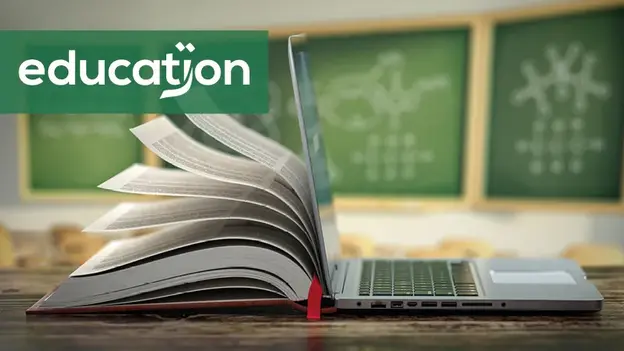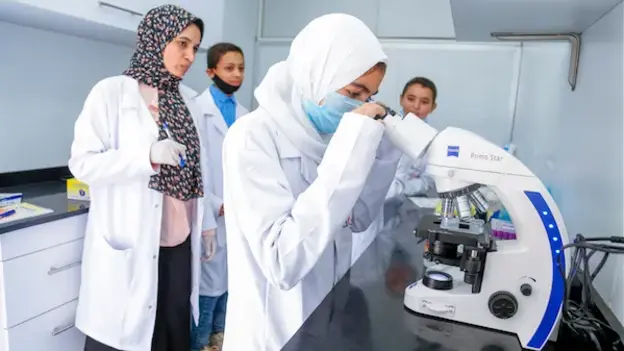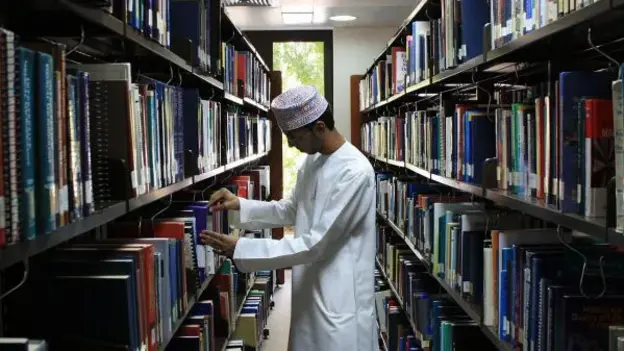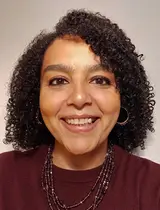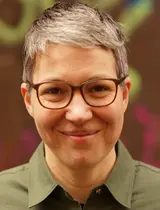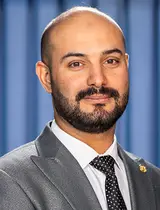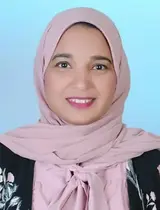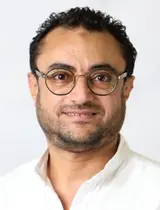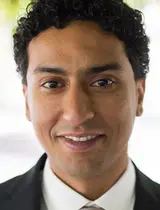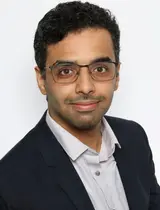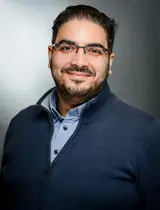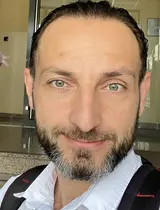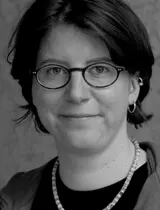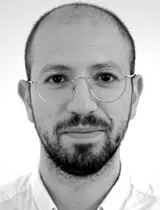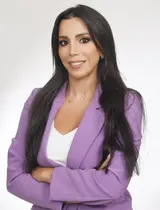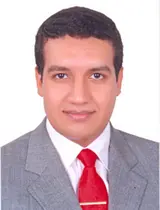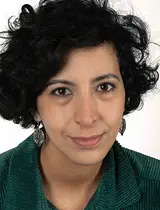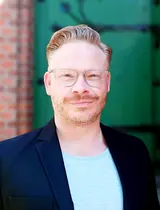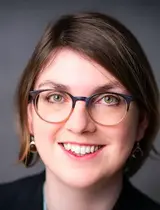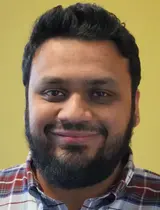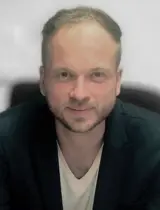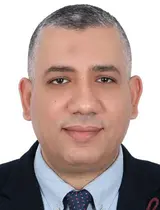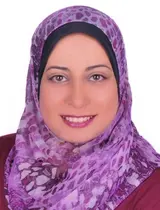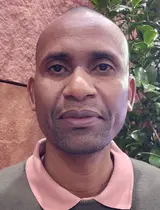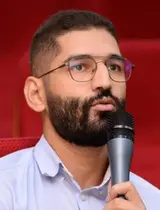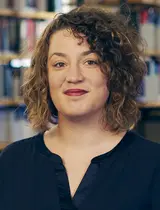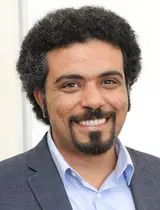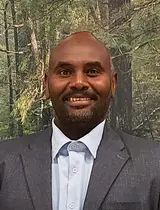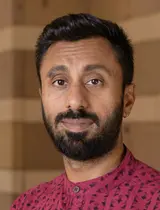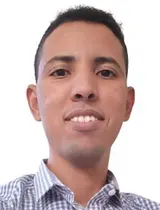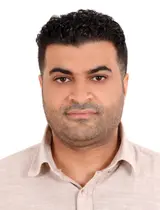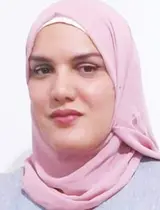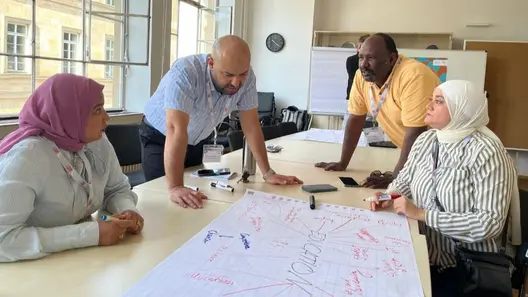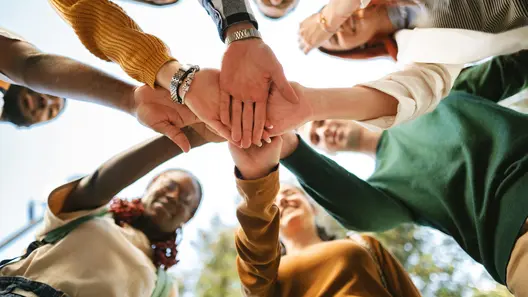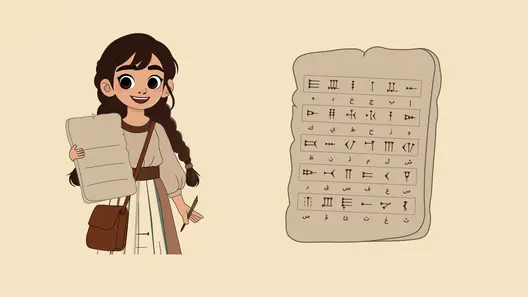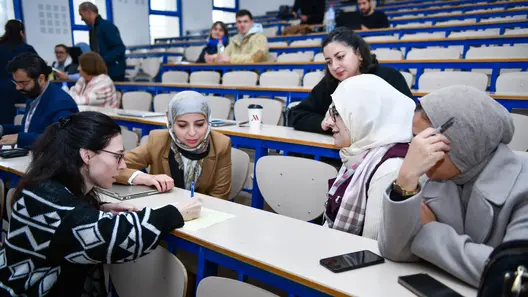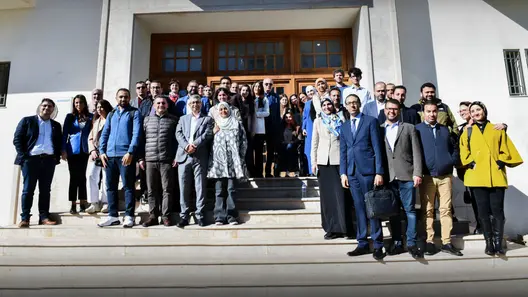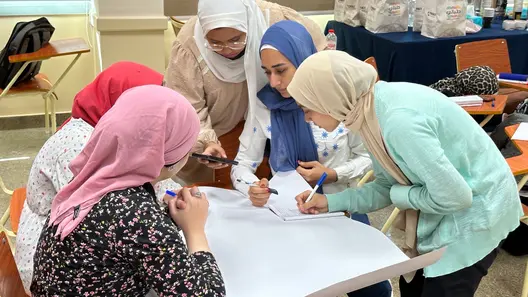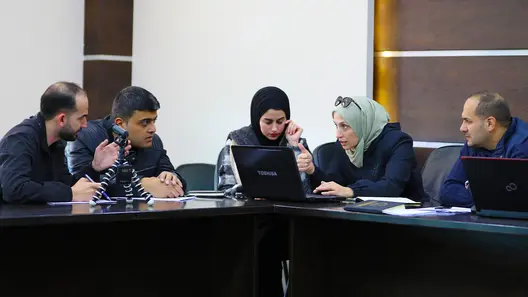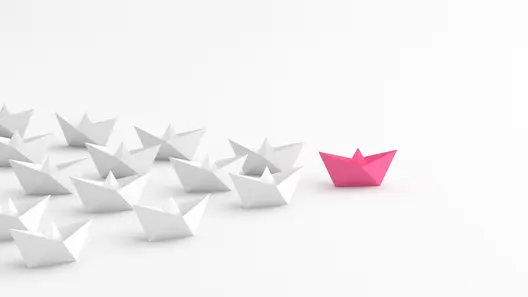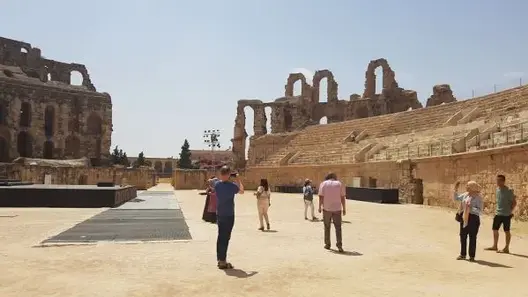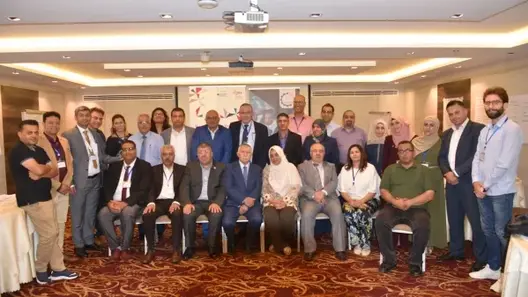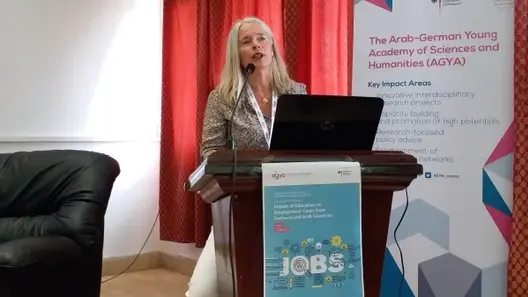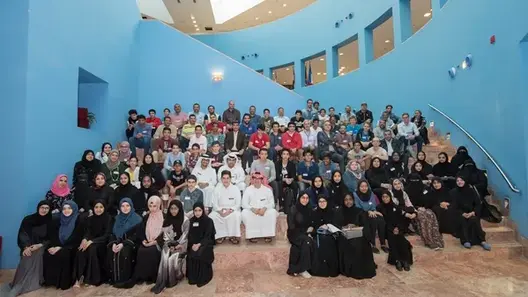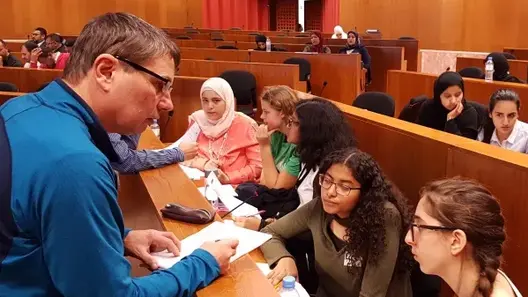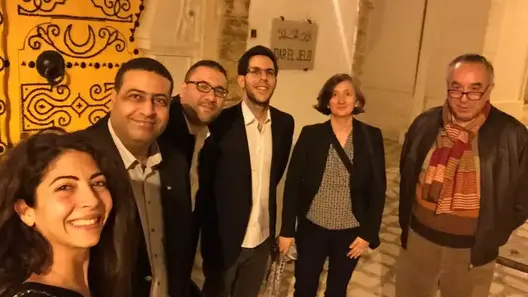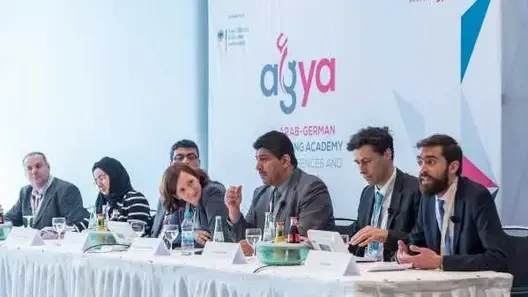Arab and German Education
Ensuring inclusive and equitable quality education and promoting lifelong learning opportunities for all is one of the UN Sustainable Development Goals (SDG 4) and a fundamental aspect of human development.
Educational methods – teaching, training, storytelling, discussion, and directed research – enable the acquisition of knowledge, skills, and values. What specific measures are needed to achieve SDG 4 in the Arab world and Germany? How to best support young learners in reaching their full developmental potential? How to manage and shape the process of digitalization in Higher Education? How to balance the need for basic research and transferrable skills to facilitate the education-to-work transition? What particular skills are required to enable scientists to become role models and future leaders?
As the AGYA Working Group Arab and German Education, we see ourselves as a collaborative initiative that benefits from the various disciplinary backgrounds of its members and asks questions of social impact. We constitute a strong network for knowledge exchange on equal terms.
We aim at mapping and comparing educational landscapes in the Arab world and Germany and seek to identify best practices to increase the capacities of children, students, and scientists alike. Analysing and discussing potential challenges and opportunities in the fields of education, research, and innovation, we are committed to reducing educational disadvantages, empowering young talents, promoting social cohesion, and supporting lifelong learning. We organize training seminars that aim to enhance the intercultural knowledge and leadership skills of our members as well as those of our cooperation and project partners. We benefit from our diverse education systems by engaging trainers from Arab countries and Europe alike. In these seminars, we explore and evaluate innovative pedagogical tools and formats for peer-to-peer interaction and science education. To convey scientific content and science education, and to reach out to remote areas and regions where quality education is difficult to access, we apply out-of-the-box ideas, new media, innovative concepts, and experimental formats.
Why not awaken the inquisitive spirit of pupils and students through a mobile laboratory? Why not bring Math Olympiad Camps to Arab countries to let pupils discover their talents? Why not explore active methods in Higher Education in a cultural setting like the Tunisian UNESCO World Heritage site Kairouan? Why not learn from Arab-German success stories and best-practice examples to develop interdisciplinary curricula?
In our Working Group, researchers from various disciplines work and think together: Architects, chemists, computer scientists, educators, engineers, literary scholars, mathematicians, musicologists, pedagogues, pharmacologists, philosophers, physicians, and sports scientists. This allows us to address any topic we set ourselves from multiple perspectives. As such, the work we provide is cross-sectional and benefits the broader AGYA network.
